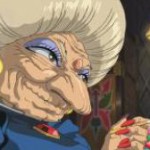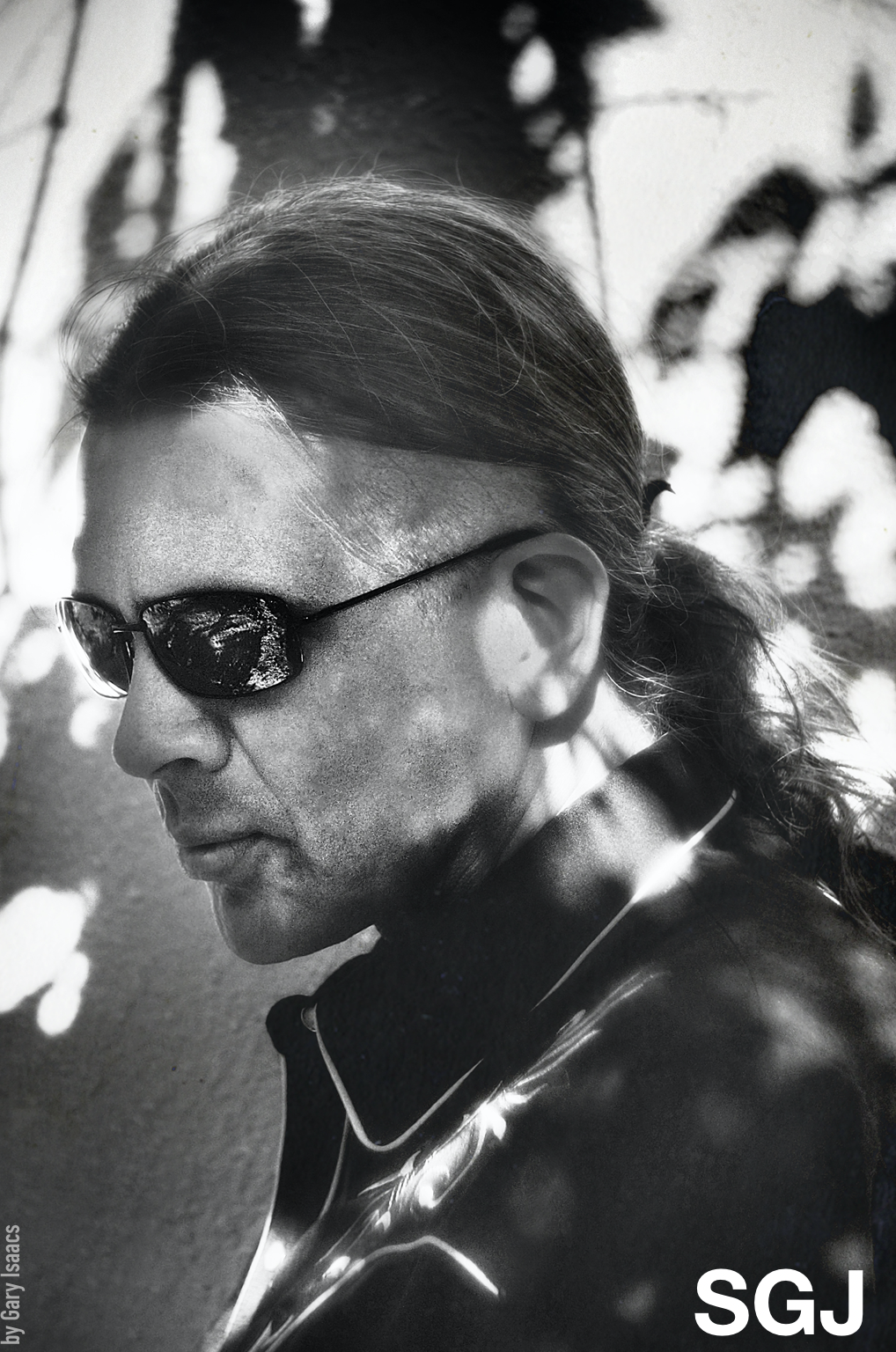 One cool place to read the second-to-last chapter of Neil Gaiman’s The Ocean at the End of the Lane is bleeding out at a donation place. A blood donation place. And, best place to read the last chapter, at least in Boulder, Colorado? Sitting in the bright bright sun in front of TimeWarp Comics.
One cool place to read the second-to-last chapter of Neil Gaiman’s The Ocean at the End of the Lane is bleeding out at a donation place. A blood donation place. And, best place to read the last chapter, at least in Boulder, Colorado? Sitting in the bright bright sun in front of TimeWarp Comics.
Also cool about this big little novel is that, in a very cool way, it feels like he’s been going toward it for a while now. I mean—my American Gods is packed away for the summer, so I can’t cite this or even use the right names (anybody?), but remember that chapter where Shadow stays the night with those two or three sisters, and one of them’s the moon? More than anything, The Ocean at the End of the Lane reminded me of that.
But it also brought me back to that issue of Sandman, about how all the cats are trying to dream themselves back to being in charge of things. Or . . . isn’t there also a Sandman issue where people keep letting lost in the dreamspace of a desert, and a kitten saves one of them?
That kitten is in Ocean, here. And wonderfully so. And, while this novel is for adults, still, it’s somehow also a sister book to Coraline. Not just because it’s Gaiman, either. It’s more like the same well’s getting tapped. Of mystery, of — of myth? It’s that fairy tale kind of tone that Gaiman does maybe better than anybody, right now.
But I’ve yet to say anything about the novel.
So, if you somehow don’t already know, The Ocean at the End of the Lane is the story of a suspiciously Gaiman-like character, with what we assume is a Gaiman-like past, who returns home to Britain for a funeral and accidentally steps back into his own childhood for a few steps. And, yes, there is something Coraline to the story, but, really, the novel I would most ally Ocean to, it’s Sandor Marai’s Embers. They move at similar pace, and each have what you think is a certain lightness to them, at least until you get caught in their gravity.
Though, if Ocean is Embers, it’s one that Roald Dahl had a pen in, I’d say.
And, yes, as Gaiman’s stuff tends to be—try on “How to Talk to Girls at Parties” if you don’t know his stuff, or “Truth is a Cave in the Black Mountains”—Ocean is gripping, and fast, and intimate, and very funny. And very British, too. Obviously. I mean, they make toast “under the grill,” which, try as I might, I can’t seem to understand. Maybe things are upside down over there? I mean, Gaiman’s not that much older than me, I don’t think, so I can’t imagine stoves could be all that different for him as a kid.
And, of course, there’s those lines you want to write on your door, like they can be a mark for when the killers come, that they can pass you by:
Growing up, I took so many cues from books. They taught me most of what I knew about what people did, about how to behave.
This is the story for a lot of us, I suspect. We identify with this narrator, this kid, this writer-with-a-hole-in-his-heart, which-is-maybe-the-reason-he’s-a-writer.
But I keep not talking about the story of the book, I know. Thing is, I both want to hook you on and I don’t want to somehow spoil it for you.
 One more try: Midway upon the journey of his life, a writer finds himself again in the wonder and terror of his childhood. In the most Miyazaki way there is. And he takes us with him. And we wouldn’t be anywhere else.
One more try: Midway upon the journey of his life, a writer finds himself again in the wonder and terror of his childhood. In the most Miyazaki way there is. And he takes us with him. And we wouldn’t be anywhere else.
And I could talk about dream vortices and fleas, I could talk about what a good summer it is for books (this, N0S4A2, Joyland), and I kind of want to talk about how he’s using commas this time around, and how that might be a result of having read it aloud each night while writing it, but, really, each word you read here, it’s a word longer until you get to your own The Ocean at the End of the Lane. And I don’t want to hold you up any longer.
Enjoy.

 is the NYT bestselling author of 30 or so books, +350 stories, some comic books, and all this stuff here. He lives in Boulder, Colorado, and has a few broken-down old trucks, one PhD, and way too many boots. More
is the NYT bestselling author of 30 or so books, +350 stories, some comic books, and all this stuff here. He lives in Boulder, Colorado, and has a few broken-down old trucks, one PhD, and way too many boots. More